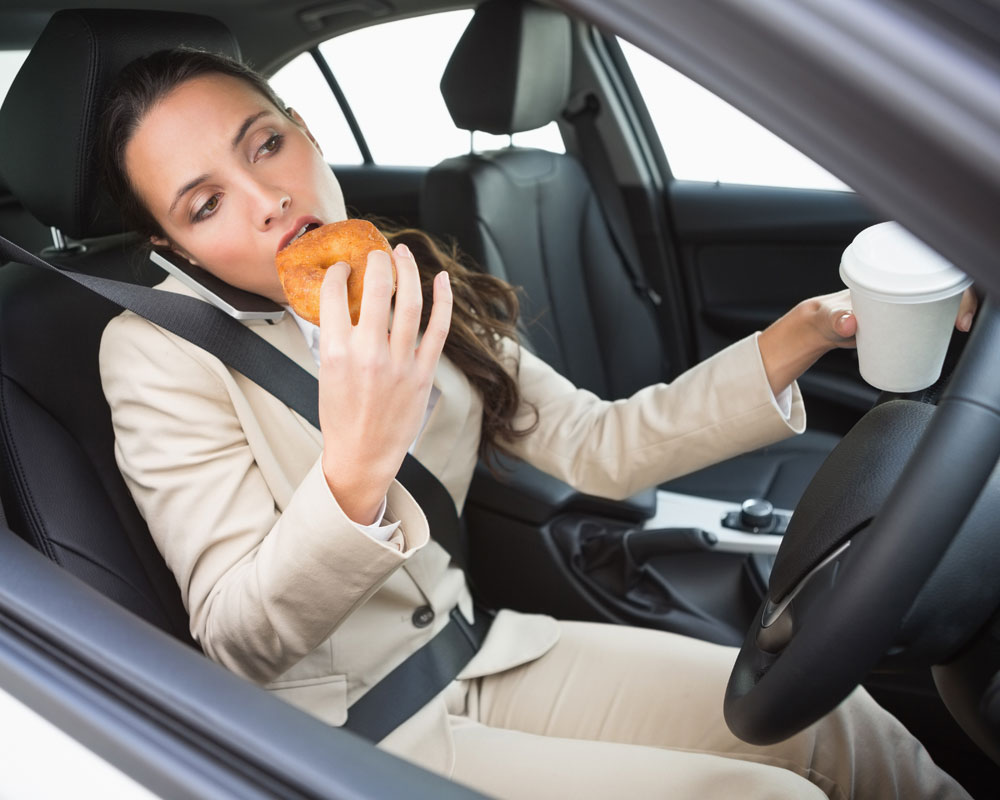
Look at that food you’re eating.
How do you know if it’s any good for you?
You flip over the package and check out the nutritional facts on the label, right?
Except—and this is the tricky question…
If you eat this, are you going to get all those nutrients promised on the label?
The answer is maybe … but maybe not.
Surprised?
A lot of what we thought we knew about food has proven to be wrong.
It doesn’t seem all that long ago that experts reduced weight loss to calories in/calories out. What WERE they thinking?
We now know not all calories are created equal.
Don’t eat less, the new thinking goes. Eat better. It doesn’t do any good to lose weight if you end up losing your hair, becoming anemic, and wrecking your metabolism.
In fact, even if you’re overweight, you could probably stand to eat a bit more.
Not more calories…
But more nutrients.
A whopping 85% of Americans are malnourished. We’re not eating enough vitamins, minerals, and other essential nutrients to stay healthy.[1]
Popping a handful of vitamins can’t make up for essential deficiencies in diet. That’s because pills don’t deliver nearly as well as whole foods. Multivitamins can end up passing through your system instead of being absorbed by the body, giving you what the president of the Australian Medical Association calls “very expensive urine.”[2]
So nothing can replace a diet high in fruits and vegetables….
Whether it’s a handful of pills or a meal replacement bar.
But you could eat the very best diet on Earth…
And STILL come away lacking.
That’s because there’s one more component of diet that no one is talking about.
No one, that is, except Dr. Marc David.
Dr. David is the founder of the Institute for the Psychology of Eating. His mission is to teach us:
[W]hat you think and feel about a food can be as important a determinant of its nutritional value and its effect on body weight as the actual nutrients themselves.”[3]
Put simply, food is not just physical. It’s psychological.
That’s not how we normally think about food. Surely the nutritional value of food is a constant. Wishful thinking can’t reduce the calories in a slice of cake.
But we’re forgetting there’s one big step in between eating something and enjoying the boost of energy it gives us:
Digestion.
Your body has to break down food in order to use it.
And, it turns out, your psychological state has a LOT to do with how the body digests food.
Any form of stress, whether it’s guilt about eating junk food or being in a hurry, inhibits digestion. It makes your body more likely to store those calories as fat.
So let me ask:
How many meals a day do you eat on the run? Do you ever eat when you’re worried or preoccupied?
Then those excess pounds might have more to do with your mood than what you’re putting in your mouth.
Anything you eat while stressed isn’t nourishing your body as well as it could.
Here’s how it works.
We have two systems in the body that work in opposition to each other: the parasympathetic nervous system and the sympathetic nervous system.
Because those names are quite a mouthful, you can just call them “Chill Mode” and “Freak Mode.”
When you’re in Chill Mode, lots of good stuff happens. You’re relaxed, your heart rate slows, blood pressure goes down, and digestion kicks in. (You also feel sexy, but that’s another story.)
So you want to be in Chill Mode when you’re eating. You want your body to have lots of available energy to work on digesting your food.
But too many of us are in Freak Mode when we’re eating—and most of the day!
Freak Mode is also known as “fight or flight.” It’s when your body thinks you’re under attack. Your heart beats fast, your stress response kicks in, and you’re ready to fight off that saber-toothed tiger. Non-essential bodily activities are shut down … like digestion.
Eating while stressed is the LAST thing you want to do.
And lots of things count as stress. Eating food you don’t enjoy. Feeling guilty about enjoying a certain food.
So don’t believe those nutritional facts on the label.
Your thoughts and feelings about the food you’re eating are just as important as the objective “healthiness” of your diet.
Eating while relaxed, savoring the food you eat, and taking the time to put a few candles on the dinner table can all contribute to better digestion…
Getting you healthier without even changing what you eat.
Think that’s a diet you might like to try?
[1] http://www.lifehack.org/486617/85-americans-suffer-from-malnutrition-without-even-knowing-are-you-one-them
[2] http://www.abc.net.au/4corners/swallowing-it/8267014
[3] http://psychologyofeating.com/mind-over-food/



Let us know what you think!